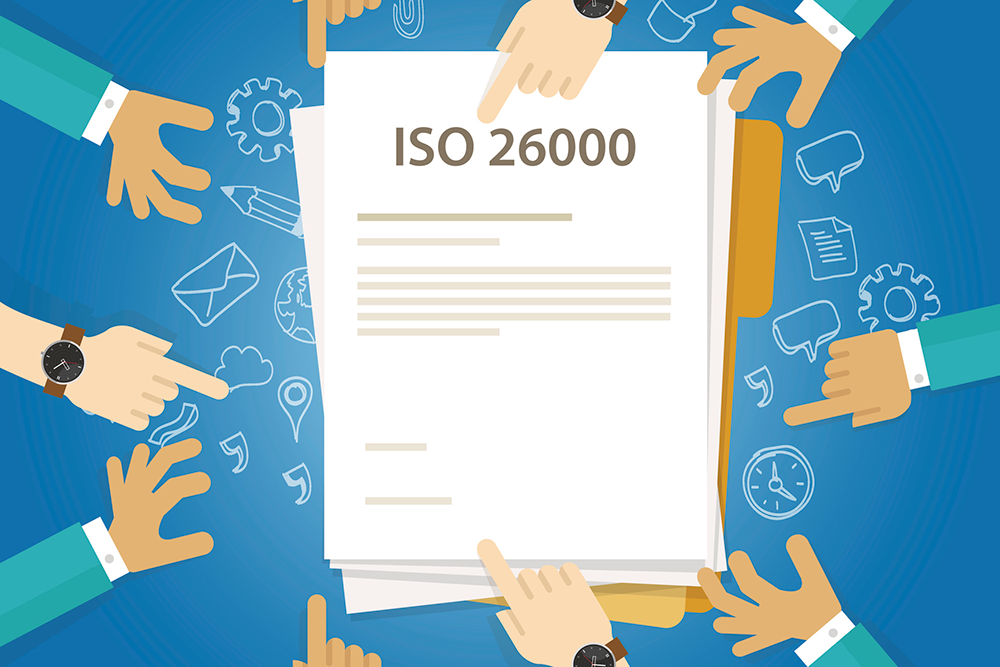
The concept of sustainable development came into being in 1987, following the Brundtland Report for the UN World Commission on Environment and Development. Since then, sustainable development has become a major concern worldwide. Major events such as the Rio Earth Summit in 1992 – which gave rise to Agenda 21 – helped to popularize this now essential concept. Here’s the exact definition: sustainable development is development that meets the needs of the present without compromising the ability of future generations to meet their own needs. It implies a holistic approach, with three pillars: an economic pillar, a social pillar and an environmental pillar, in line with the CSR concept.
ISO 26000: a way to rebound on the SDGs
 Since 2010, a voluntary standard has provided instructions on how to build a sustainable development policy based on these concepts, without leaving anything out: the NF ISO 26000 standard. This reference document also has the advantage of being based on the UN’s Sustainable Development Goals (SDGs) for 2030, which propose a framework of 17 universal SD objectives, each of which has an entry in ISO 26000. With the AFNOR group, you can learn how to do this, and have your good practices recognized with the right signs of recognition!
Since 2010, a voluntary standard has provided instructions on how to build a sustainable development policy based on these concepts, without leaving anything out: the NF ISO 26000 standard. This reference document also has the advantage of being based on the UN’s Sustainable Development Goals (SDGs) for 2030, which propose a framework of 17 universal SD objectives, each of which has an entry in ISO 26000. With the AFNOR group, you can learn how to do this, and have your good practices recognized with the right signs of recognition!
